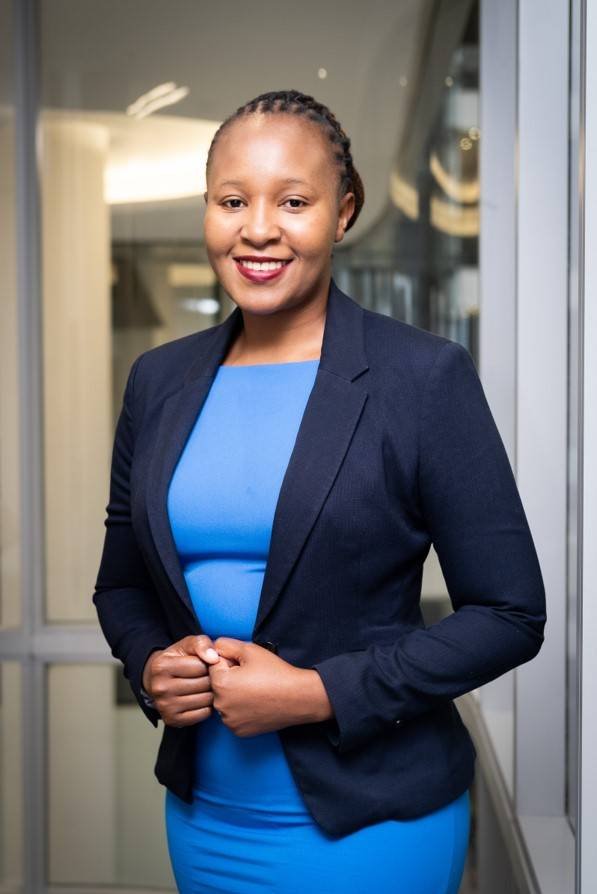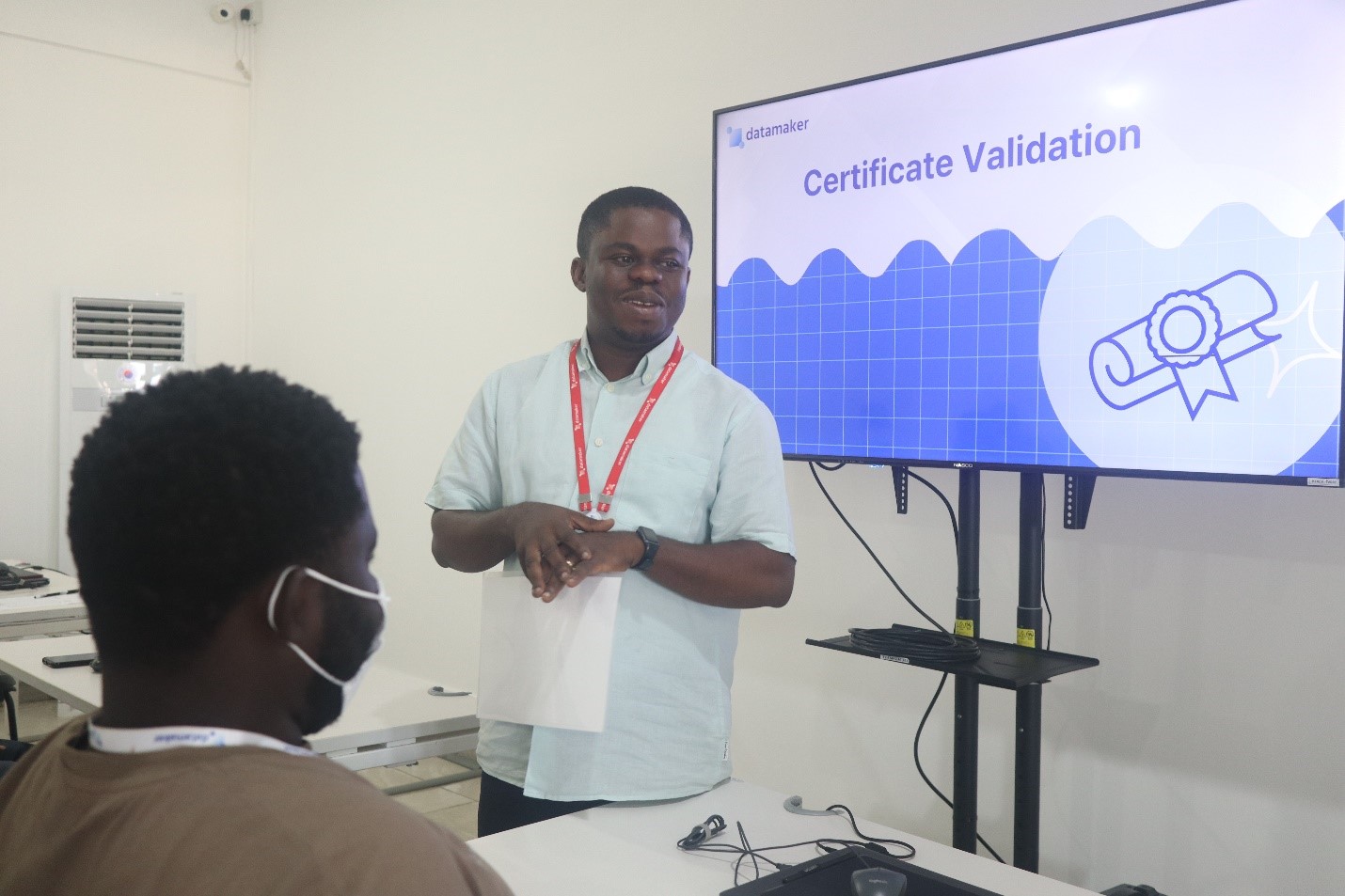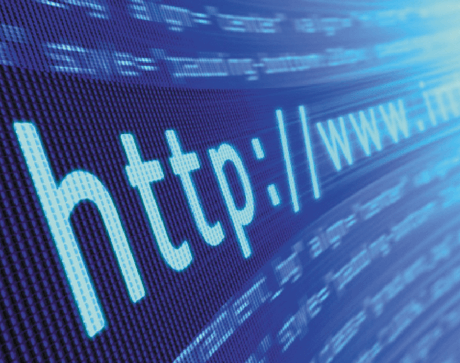
By Mohammed AWAL, Barcelona, Spain
Jeffery Zhou, President of ICT Marketing at Huawei, has emphasized the vital role of digital solutions in promoting environmentally conscious urban development.
Digital technology is rapidly reshaping the world, supercharging efficiency and productivity across all industries and sectors of society.
However, the digital divide is growing, and the benefits of digital technology remain out of reach for many. At the same time, climate change, biodiversity loss, and the impact of human activity on ecosystems continue to pose serious challenges to our planet.
Speaking at the 2024 Huawei Green Development Summit during MWC2024 in Barcelona, Zhou stated that as the world rapidly transitions to an intelligent era, digital technologies are fundamentally reshaping human life, hence, leveraging technology to optimize resource utilization becomes crucial in enhancing energy efficiency and mitigating the environmental impacts of climate change.
“Innovation has never stopped. Science and technology are now evolving faster than ever before. Digital interventions and low-carbon development have become a common agenda for more countries, enterprises, and organizations. It presents both challenges and opportunities with regard to making full use of green ICT to drive inclusive and sustainable development,” he stated.
“And, we believe that green ICT plays a pivotal role in the development of an inclusive and sustainable digital world that can drive balanced development to help bridge the digital divide, protect the environment, and create fair and high-quality education systems,” he added.
According to him, with sustainable urban development becoming a key issue in many countries, there is a need to use green ICT to achieve low-carbon urban development and improve both the environment and the quality of life for urban residents.
Due to overwhelming reliance on fossil fuels, Zhou said traditional protection and consumer consumption models seriously impact the environment, and adopting green ICT can help improve energy efficiency, reduce carbon emissions, and better protect the planet.
“As the internet era continues, digital skills are becoming essential, and so our education system must be consistently upgraded to provide educational content and methods to keep up with the changing times in order to improve people’s digital skills and have them adapt to the future society,” he stated.
Discussing the connection between global connectivity and achieving a sustainable transformation, Bilel Jamoussi, Deputy Director of the ITU Telecommunication Standardisation Bureau (TSB) and Chief of Study Groups Department, mentioned that approximately 5.2 billion people are currently connected to the internet, leaving 2.6 billion still unconnected.
“So, as we connect more and more people, we have to pay attention to sustainability,” he stated and that achieving connectivity through the most efficient means, such as using fiber optics to minimize energy consumption per bit, is crucial.
“Today, about 3% of the energy is used by telecom operators around the world—twice a significant number when you look at all the energy consumption in the world. 90% of the cost of operating the network goes into the energy, whether it’s electric, fuel-generated, renewable, and so on. So, it’s quite a significant number. And hence, paying attention to efficiency is an important aspect,” said Jamousi.
And to achieve this, there’s need for collaboration with all the relevant stakeholders in the sector, he pointed out.
“This is not something we can do alone,” he said, pledging ITU’s commitment to uphold the principles that allow sustainability to be built into development by design and to delivering standards that make both business and environmental sense. “So, this is a significant pledge of the three international organizations working on standards to include sustainability by design,” he said.
As digital technology becomes increasingly ingrained in urban development, the synergy between sustainability goals and technological innovation is becoming more evident. The shift towards green, low carbon urban development powered by digital technology signifies a pivotal moment in creating cities that are not only smart but also environmentally responsible. This intersection is poised to redefine urban living, laying the foundation for a more sustainable and resilient future.
The post Jeffery Zhou emphasizes green ICT for an inclusive and sustainable digital world appeared first on The Business & Financial Times.
Read Full Story

















Facebook
Twitter
Pinterest
Instagram
Google+
YouTube
LinkedIn
RSS